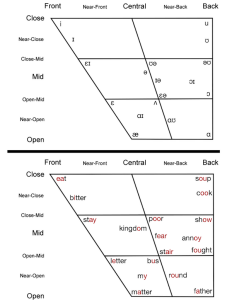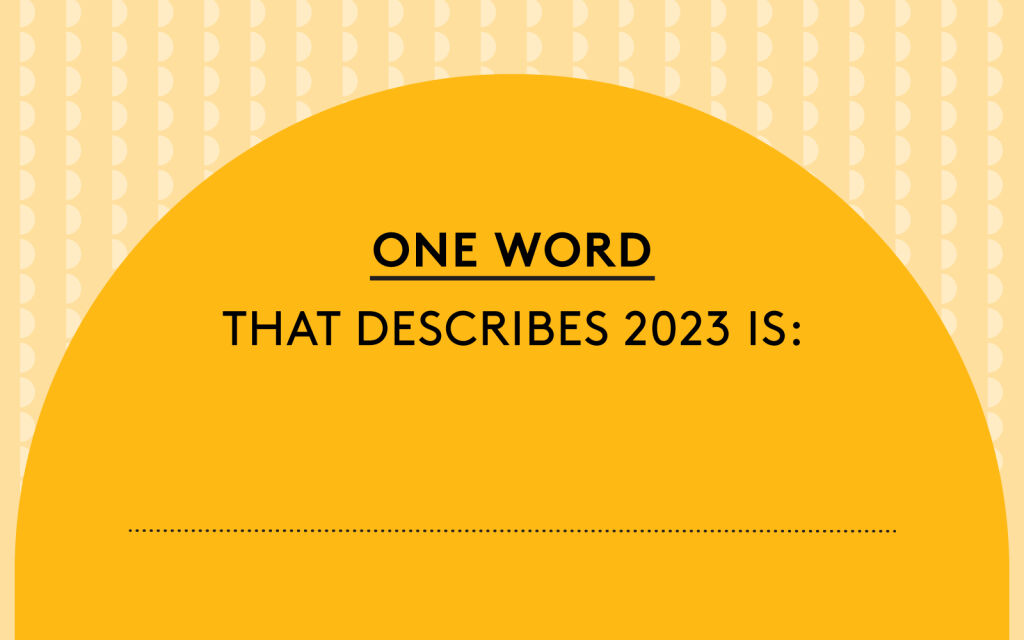What’s in a Meme: “It’s Gonna Be May”
In just a few days, “It’s gonna be May.” If you frequent social media, you have most likely seen this classic meme welcoming the start of May. The meme depicts NSYNC’s Justin Timberlake singing the chorus of the boy band’s 2000 hit song “It’s Gonna Be Me,” which is notable for the atypical pronunciation of the word “me.” It is an example of a phonetic translation or mondegreen, a “word or phrase that results from a mishearing, especially of something recited or sung.” One of the most famous mondegreens is from Jimi Hendrix’s song “Purple Haze,” in which listeners commonly substitute “Excuse me while I kiss this guy” for the actual lyric, “Excuse me while I kiss the sky.”
But have you ever wondered why Timberlake sings “It’s gonna be May” instead of “It’s gonna be me”? Let’s take a look at some possible explanations.

One variation of the “It’s Gonna Be May” meme
Diphthongization and Vowel Modification in Singing
When the “ee” vowel becomes “ay” in “It’s Gonna Be Me,” it splits into two in a process called diphthongization. As you can see in the International Phonetic Alphabet (IPA) charts below, the diphthong in the word “stay,” or [εi], is roughly halfway between the vowel in “eat,” or [i], and the vowel in “letter,” or [ε], and it is essentially a combination of the two vowels in one. (Learn more about vowels with this interactive IPA vowel chart.)

IPA English Vowels and Diphthongs; TheCPMills, CC BY-SA 4.0, via Wikimedia Commons
Singers commonly modify vowels to improve the tone of their singing and make it easier to hit high and low notes. This is especially true with close vowels, which can be difficult to sing due to restricted airflow. In general, the close vowel [i] is harder to sing at the higher end of someone’s range, and the close vowel [u], as in “soup,” is harder to sing at the lower end of their range.
When modifying these vowels, singers will often open their mouths a bit wider to improve airflow, and the result is generally a different vowel. In other words, if vowel modification was the sole reason for the vowel change, Timberlake likely would have sung “It’s gonna be mih” [ɪ], or “It’s gonna be meh” [ε].
But if [εi] is more open than [i], why is it not a suitable replacement for the close vowel? The answer is: diphthongs like [εi] require their own type of vowel modification. When you say [εi], your mouth starts in the position it would be in for [ε] and moves towards the position for [i]. So if someone sings the diphthong as they say it, they will end up with the same problem they have with [i]. Instead, singers are more likely to hold the more open [ε] part for the majority of the diphthong’s duration before briefly singing a modified version of the close [i] vowel.
Ultimately, vowel modification is unlikely to be the motivating factor for Timberlake’s vowel change, because not only is the phrase “It’s gonna be me” not sung in a particularly high or low part of his range, but the chosen replacement, [εi], is nonstandard.
Dialects and the Birth of a Trend
So where does this particular type of vowel modification come from? Interestingly, this type of [i] to [εi] diphthongization is common in several dialects of English, namely Southern American English and London English. Atlas Obscura’s article about the “It’s gonna be May” phenomenon goes into a bit more detail about this process in Southern American English.
In an in-depth history by Ace Linguist, we first see [i] becoming [εi] in the 1950s in country music sung by Southern American English speakers. The diphthongization next occurs in songs from the 1970s and 1980s by rock and punk bands from London (and those emulating their style), starting with the Rolling Stones and the Sex Pistols.
Over the next decade or so, [i] to [εi] diphthongization became firmly entrenched in the rock genre before spreading to other similar genres, and even to pop music. By the late 1990s, the trend was everywhere, used across all genres in songs by the Spice Girls, Britney Spears, and even Notorious B.I.G.
According to Timberlake, NSYNC’s producer and songwriter Max Martin loved the sound and directed him to sing [εi] instead of [i]. Indeed, several singers, including Britney Spears, Katy Perry, and Taylor Swift, have used this diphthongization in songs written and produced by Martin. Why? It could be because they were jumping on a trend, or the reason might go back to the trend’s roots. In Timberlake’s own words, “I think [Max Martin] just wanted me to sound like I was from Tennessee.”



